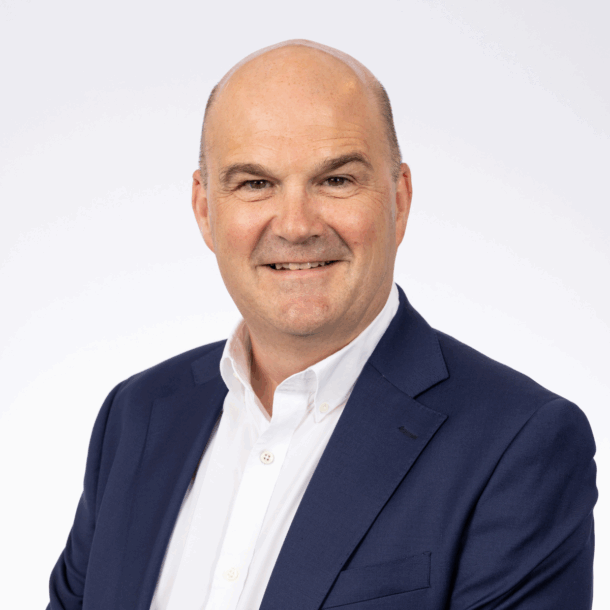There’s been a lot of attention on the number of mortgage deals coming to an end in 2025 and 2026, and rightly so. We’re looking at almost 1.8 million fixed-rate mortgages due to mature this year alone, with another similar figure next year. That presents a significant challenge for borrowers – but also a clear responsibility for us as mortgage advisors.
The Importance of Early Client Engagement
I believe the best way to meet that responsibility is to move early and to build trust through meaningful conversations. That means making contact with clients well ahead of time – six months before their deal ends, sometimes more. It’s not just about securing a new rate, it’s about making sure the advice you’re giving reflects where someone’s life is now, not where it was when the deal first began.
Life Changes Mean Mortgage Advice Must Evolve
People’s lives change. It’s common for clients to have taken out a mortgage five years ago and now find themselves with a completely different set of circumstances. Maybe they’ve started a family, or the children have left home. Their income might have changed, or they could have taken on more responsibilities. Whatever the situation, the only way to offer the right advice is to start with a proper conversation.
The Fact Find: More Than Just a Formality
That’s what we mean by a fact find. It isn’t a box-ticking exercise. It’s an opportunity to talk, to listen, and to understand a client’s situation fully. It gives us the information we need not only to help them with their remortgage but also to identify where there might be other ways we can support them, whether that’s through protection cover or other services. That broader approach adds value—and more importantly, it builds trust.
Acting Early Protects Clients From Market Volatility
There’s real value, too, in acting early. If we secure a rate and the market shifts upwards, the client is protected. If rates come down, we can often switch them onto a better deal. But none of that is possible if we leave the conversation too late. Some lenders are reducing the window of time available to secure a new deal, but there are still plenty of options out there if you start early enough. In most cases, that six-to-three-month window is the sweet spot for getting everything in order.
Early Advice Reduces Anxiety and Builds Confidence
I’ve also found that taking this approach helps reduce the anxiety that many clients are feeling. Coming off a two per cent rate and looking at something double or even triple that can be a shock—especially against the backdrop of rising household costs. Having a conversation early gives people time to prepare. It also means we can look at the full picture and offer advice that’s genuinely tailored to their needs.
Building Long-Term Client Relationships
For me, this is where the role of the advisor has changed. We’re not just there to offer one-off transactional advice. We’re there to build long-term relationships. That means supporting people through different stages of their lives, not just when their mortgage deal is up for renewal. And when that relationship is in place, clients come back—not just because they need to, but because they know they can trust you.
Trust Is the Cornerstone of Mortgage Advice
That trust is everything. Be someone your client can rely on, not just now but in the future as well. It makes the work more rewarding, but more importantly, it makes a real difference to people’s lives. And in the current market, that matters more than ever.


Cornerstone Podcast Series
Join us for expert insights, real conversations, and fresh perspectives from across the financial services world.







